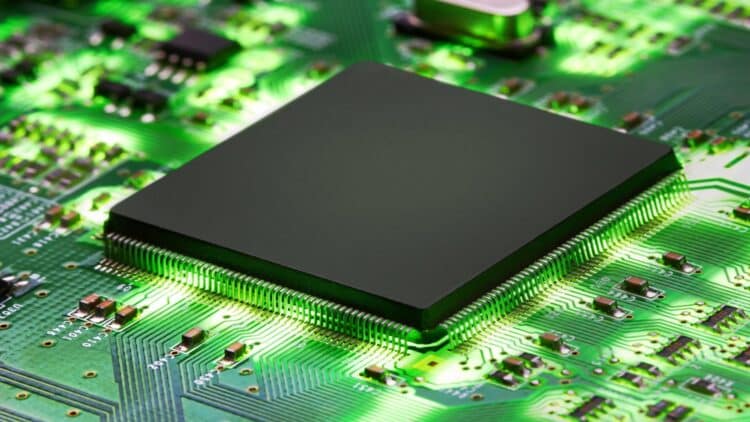China has launched an aggressive strategy that is likely to revolutionize the global landscape of Artificial Intelligence in a manner that will have a long-lasting impact. China, considered the world’s second-largest economy, is offering huge power subsidies to leading technology firms in an effort to have its data centers’ energy costs slashed by as much as fifty percent.
Government subsidies slash energy costs for major tech giants
In China, local administrations have stepped up incentives to encourage local technology firms in their AI chip development. The increased subsidy is specifically aimed at areas related to energy, which is one of the highest costs of operation for data centers and chip manufacturing plants in China. This will make it possible for China to compete favorably with existing firms in the semiconductor market.
Among those that will greatly benefit from it are ByteDance, Alibaba, and Tencent, which are three of China’s leading tech firms that invest heavily in research and development of Artificial Intelligence. This subsidy is projected to lower energy costs by as much as fifty percent for data centers that qualify, an amount that is in millions of dollars per annum in terms of overall savings in expenses incurred in large-scale setup and operation.
Reduction of dependency on foreign semiconductors
The power subsidy program is a representation of China’s overall strategy in its ambitions for self-reliance in key semiconductor technology areas. This will make it less dependent on importing such technology components or products from countries such as South Korea or Taiwan. Internationally, lower costs in terms of energy will make it possible for manufacturing companies of AI chips in China to offer cheaper market prices without necessarily impacting profit margins.
China’s investment in AI chips is more than basic cost-cutting, as it also involves overall support for innovation in chips in that country. This is because it is understood that technology in artificial intelligence is an important area of technology that will influence competitiveness in economic terms as well as in terms of security.
Cutting costs is a major challenge
This move also solves a basic challenge that technology firms in China have been grappling with as they face off with well-established firms in the technology field in Taiwan, South Korea, and the US. The cost of energy has been a major challenge when it comes to making cheaper and thus more affordable chips in China because it is a power-hungry process involved in making highly advanced chips, such as those for artificial intelligence processors.
Global semiconductor market faces potential disruption
The power subsidy scheme in China has several implications that extend beyond its borders, as it may lead to a revolution in the global competition in semiconductors. Global companies in semiconductors may come under intense pressure as China’s companies will have a better chance of offering cheaper processors for Artificial Intelligence. This situation is likely to lead to a technology rivalry between China and the West in terms of Artificial Intelligence technology.
Analysts in the industry feel that such a project would have a huge impact in terms of the costs of semiconductors in the global market, in particular in relation to processors that focus on Artificial Intelligence. This is because it will be possible for China to offer its products at a cheaper rate compared to its competitors in the global market while it focuses on innovation in terms of new semiconductor technology.
China’s power subsidy scheme is a strategic outlay in terms of developing technological independence and competitiveness in various aspects around the globe. By ensuring that there are fewer obstacles when it comes to developing chips in AI technology in China, it allows China to take on existing giants in the field when it comes to global technology.


